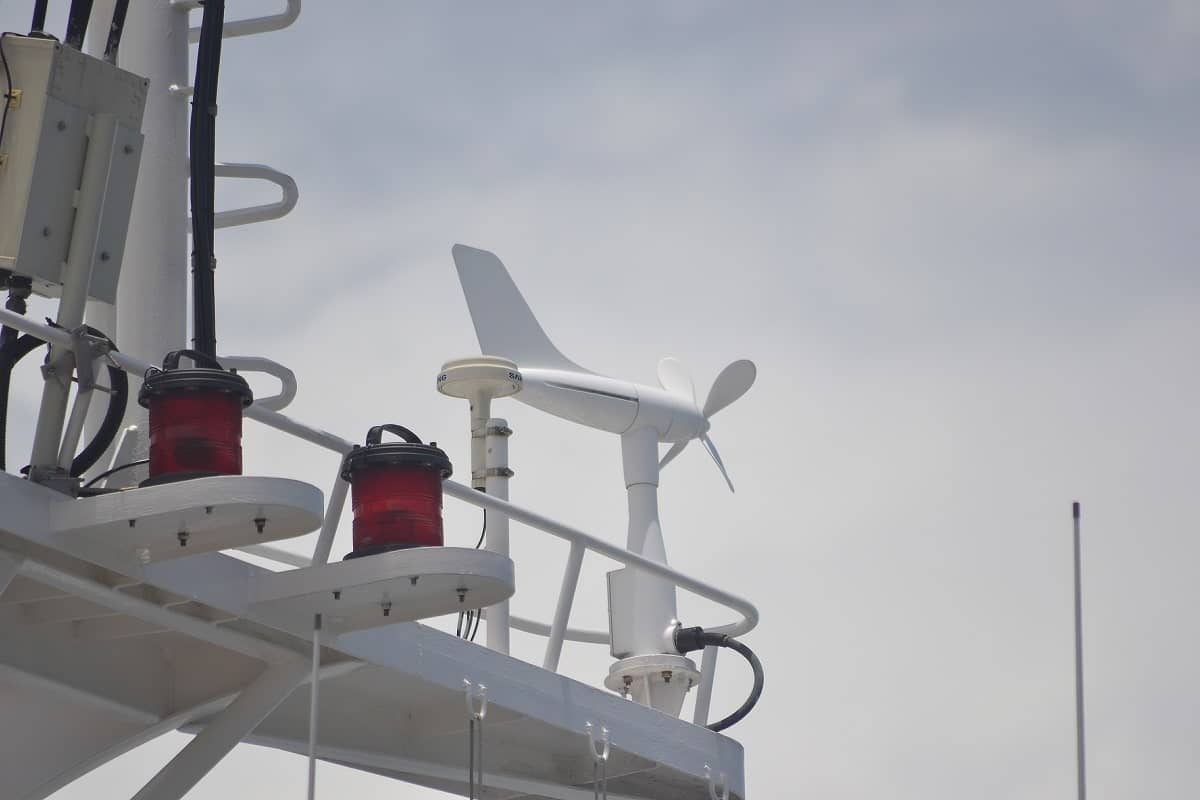Table of Contents
As technology advances exponentially, the multi-billion dollar marina industry is undergoing new developments to revolutionize how we use and interact with boatyard properties. From environmental sustainability to increased safety and convenience, the future of marine technology is looking brighter than ever. This blog post delves into some of the most exciting marina technology trends to keep an eye on in the coming years.
These trends will significantly impact the marina industry and how we use our waterways, from smart marina management systems to cutting-edge fuel alternatives.
This trend is driven by a desire to reduce emissions and noise pollution in marine environments, increase fuel efficiency and reduce operating costs for marina operators.
Electric propulsion systems are typically powered by batteries and use electric motors to drive boats’ propellers, eliminating the need for traditional internal combustion engines. Hybrid propulsion systems combine conventional internal combustion engines with electric propulsion systems, run on both batteries and generators, and can switch between electric and fossil fuel power as needed.
IoT devices and sensors can be used to monitor and control various marina operations aspects like water levels, weather conditions, and fuel levels. This can help manage the marina’s resources, make more informed decisions, and increase efficiency and cost savings.
For instance, IoT-enabled cameras and sensors can help monitor properties and alert operators to potential hazards or suspicious activity, further enhancing marina safety. IoT-enabled apps and online portals can also help provide customers with real-time information about marina conditions and available services.
The rise of smart marina management systems in the industry is driven by the need for increased efficiency and cost savings and the desire to provide a better experience for marina customers.
The future of marine technology sees features such as online reservations, digital payments, and real-time communication with marina staff as a must-have. The use of smart marina management systems can lead to increased revenues, reduced operational costs, and improved customer satisfaction.
Read more about the benefits of industry-standard smart marina management systems like Dockmaster here.
The need for more efficient and cost-effective solutions in the maritime supply chain has majorly driven this trend. By using 3D printing to create spare parts on demand, marina operators can reduce inventory costs, increase operational efficiency, and reduce their dependence on suppliers. This helps them to improve their bottom line and stay competitive in the market, besides meeting their customers’ unique needs.
One of the main drivers of sustainable energy usage is the growing concern for the environment and the need to reduce greenhouse gas emissions.
Since the shipping industry uses 400 million tons of fuel annually on average, even a negligible 5–10% fuel savings will result in a 40–100 million tonne reduction in greenhouse gas emissions.
Many countries have implemented policies and financial incentives to encourage the adoption of renewable energy systems. For example, some countries offer tax breaks or subsidies for marina operators who install solar panels or wind turbines.
The future of the marina industry will focus more on sustainability, eco-friendly practices, and new technologies to improve the overall experience for marina users. Besides, marinas may also see an increase in demand for luxury amenities, such as high-end restaurants, spas, and recreational activities.
Streamline your daily operations with DockMaster, state-of-the-art vessel management software preferred by boatyard owners across the globe. click here to experience the ease and efficiency of managing your marina like never before.
